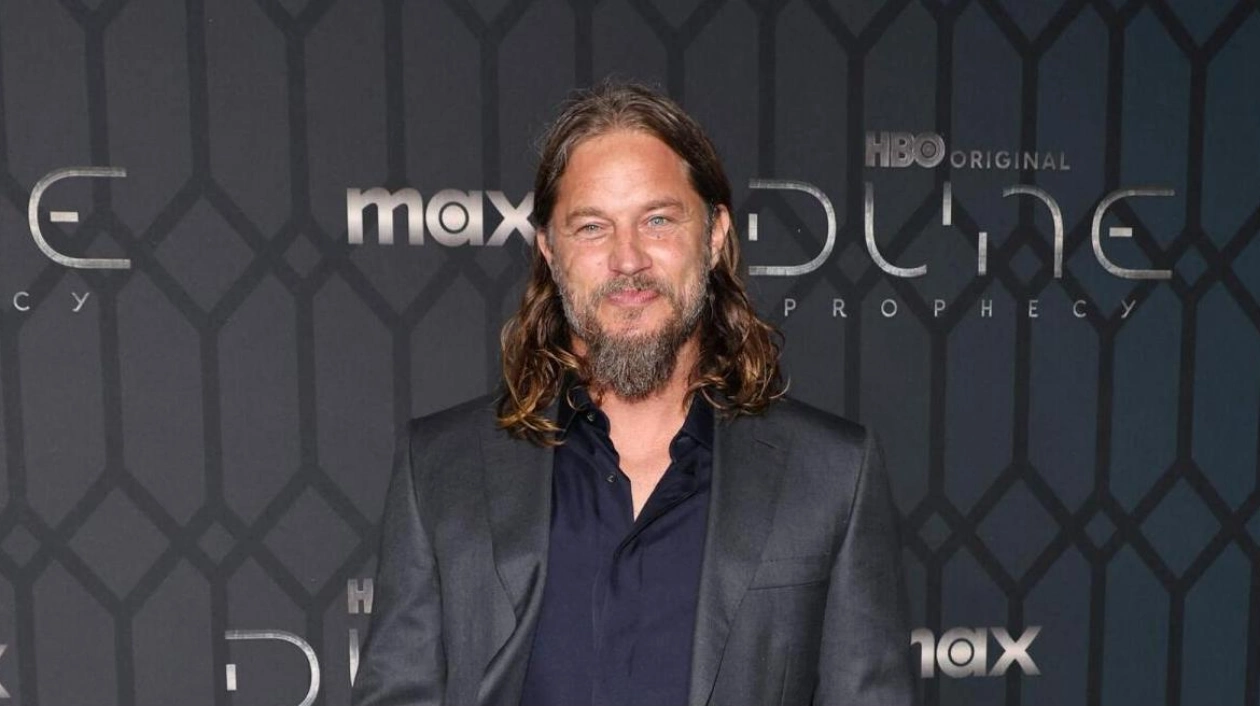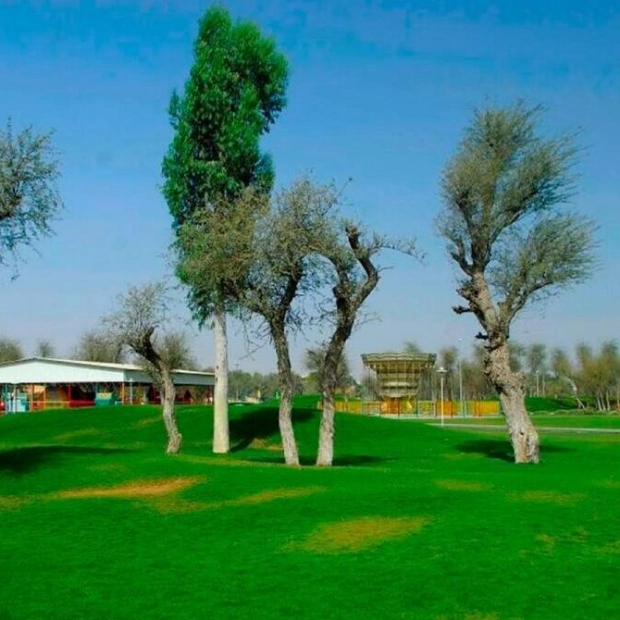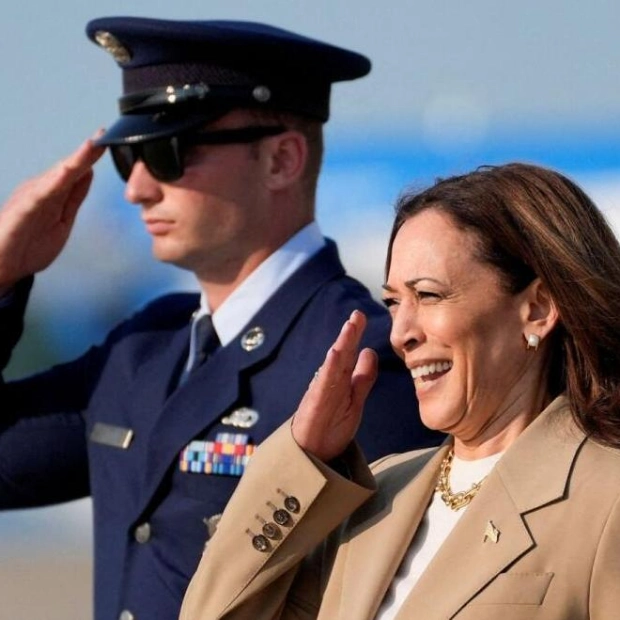The Dune universe, known for its intricate politics, mystical elements, and profound human drama, is set to expand with HBO’s Dune: Prophecy. This series, set 10,000 years before the events of Frank Herbert’s original Dune, delves into the origins of the Bene Gesserit—a formidable sisterhood renowned for their rigorous training and exceptional abilities. Travis Fimmel, celebrated for his roles in fantasy realms, enters the intricate world of Dune: Prophecy as Desmond Hart, a soldier shrouded in mystery. Executive producer Jordan Goldberg, pivotal in shaping the series’ vision, joins Fimmel in an exclusive interview with City Times to provide insights into the show’s exploration of Dune’s lesser-known history.
Desmond Hart: A Soldier with Secrets
Fimmel describes Dune: Prophecy as visually stunning, rivaling the grandeur of the Dune films. However, beneath the captivating visuals lies a deep narrative, with his character, Desmond Hart, adding a compelling layer to the story. Desmond, hailing from a modest background, navigates the “highfalutin” world of the Imperium—a realm he neither respects nor fears. “He’s a fish out of water,” Fimmel explains, highlighting Desmond’s disdain for the empire’s opulence. “He doesn’t hold much respect for these people who live so extravagantly and believe that matters, so he’s bound to stir up trouble and unsettle minds.”
This character disrupts the established order and manipulates situations to advance his own interests. Desmond’s concealed motives, combined with his relentless drive, make him an unpredictable force. “He’ll be very ruthless to achieve his goals,” Fimmel hints, suggesting the darker paths Desmond will take to attain his ends.
The Foundations of the Bene Gesserit
Jordan Goldberg, the executive producer, discusses how Dune: Prophecy draws from Brian Herbert and Kevin J. Anderson’s Sisterhood of Dune, part of the expanded Dune lore exploring the origins of various factions in the universe. The series is set against the backdrop of the “schools of Dune,” established shortly after humanity’s liberation from the tyrannical machines of the Butlerian Jihad. “These various organizations and schools aim to aid humanity’s progress now that they’re free and in control of their own lives,” Goldberg elaborates.
Among these groups, the Bene Gesserit stand out as a unique counterbalance to the potential for self-destruction in human nature. Goldberg shares that “the Sisterhood in our show acts as a safeguard against that.” Their secretive generational plans, breeding programs, and forward-thinking methods for guiding humanity position the Bene Gesserit as both guardians and manipulators of human destiny, and the show promises to delve deeply into these complexities.
Heroes and Villains: The Shifting Sands of Morality
The Dune universe continually challenges notions of good and evil, and Dune: Prophecy follows suit. For Fimmel, the most captivating aspect of the Dune world is its mystery and moral ambiguity. “It’s a deeply corrupt world,” he observes, where characters constantly maneuver and hide their true intentions. This perpetual uncertainty keeps both viewers and characters on edge.
Goldberg echoes a similar appreciation for the franchise’s layered morality. “Heroes and villains can switch roles throughout the story,” he notes. This fluidity in character development allows for unexpected twists, making the series appealing to both new fans and long-time Dune enthusiasts. “If you appreciate Dune, you’ll appreciate Dune: Prophecy,” Goldberg assures.
Source link: https://www.khaleejtimes.com






